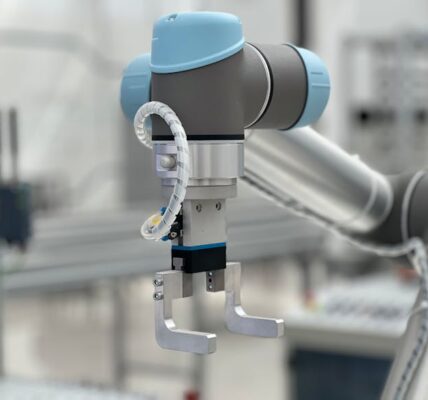Prompt Engineering: Master the Art of Scaling AI
Incorporating the blog post topic into the fabric of a company’s technological infrastructure requires a blend of creativity, technical expertise, and strategic thinking. As AI technology advances, the demand for skilled professionals who can craft effective prompts to guide AI behavior—known as prompt engineers—has become increasingly pivotal for scaling solutions across various industries.
Understanding the Role of a Prompt Engineer
Prompt engineering is an emerging discipline that focuses on designing and refining the inputs given to artificial intelligence systems to produce desired outputs. Prompt engineers are the specialists who fine-tune these prompts to ensure that AI algorithms understand and execute tasks correctly and efficiently.
Navigating the Challenges of Scaling AI
As businesses aim to scale their AI initiatives, they encounter a set of common challenges:
- Data Complexity: AI systems require vast amounts of data, which can become increasingly complex to manage and interpret as a business grows.
- Consistency: Maintaining consistent AI performance across different scales and applications is crucial for reliability.
- Adaptability: AI systems must adapt to new information and changing environments without human intervention.
Prompt engineers play a crucial role in addressing these challenges by constructing prompts that can handle complexity, ensure consistent outputs, and enable AI systems to learn and adapt autonomously.
Strategies for Effective AI Prompt Engineering
There are several strategies that prompt engineers can use to scale AI systems effectively:
Modularity in Prompt Design
Creating modular prompts allows for easier adjustments and scalability. By breaking down prompts into smaller, reusable components, engineers can quickly adapt and scale AI behavior without starting from scratch.
Iterative Testing and Refinement
Continuous testing and refinement of prompts are essential. Prompt engineers must rigorously test AI responses and iteratively refine prompts to improve accuracy and performance.
Leveraging Transfer Learning
Transfer learning involves using pre-trained AI models that can be fine-tuned with specific prompts to suit different tasks. This approach can significantly reduce the time and resources required to scale AI systems.
Automating Prompt Generation
The use of automated systems to generate prompts can be a game-changer for scaling. These systems can create a variety of prompts based on predefined parameters, allowing for quick scaling and experimentation.
Best Practices for Scaling AI with Prompt Engineering
To successfully scale AI systems, prompt engineers should adhere to the following best practices:
- Focus on User Intent: Understand the user’s intent to create prompts that guide AI to deliver relevant and accurate results.
- Monitor AI Performance: Regularly monitor AI performance to identify areas where prompt optimization can enhance scalability.
- Collaborate with Cross-Disciplinary Teams: Work with teams from different disciplines to ensure prompts are well-rounded and effective in various contexts.
Future Outlook for AI Scalability and Prompt Engineering
The future of AI scalability is inextricably linked to the evolution of prompt engineering. As AI systems become more complex and integrated into everyday business operations, the need for expert prompt engineers will continue to grow. These professionals will be at the forefront of innovation, pushing the boundaries of what AI can achieve at scale.
The journey of scaling AI is an ongoing process that requires a strategic approach and a deep understanding of both the technology and the specific needs of a business. With the right prompt engineering techniques, organizations can unlock the full potential of their AI investments and thrive in an increasingly automated world.






